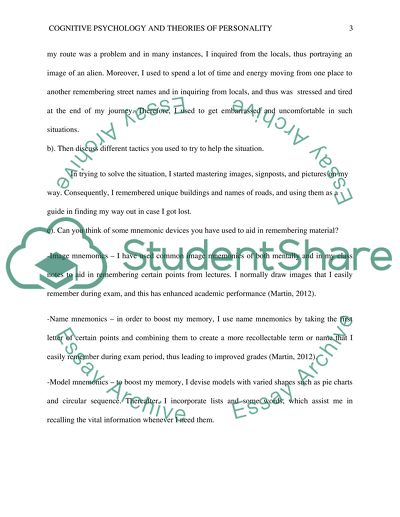Cite this document
(“Cognitive Psychology and Theories of Personality Assignment”, n.d.)
Cognitive Psychology and Theories of Personality Assignment. Retrieved from https://studentshare.org/psychology/1466686-cognitive-psychology-and-theories-of-personality
Cognitive Psychology and Theories of Personality Assignment. Retrieved from https://studentshare.org/psychology/1466686-cognitive-psychology-and-theories-of-personality
(Cognitive Psychology and Theories of Personality Assignment)
Cognitive Psychology and Theories of Personality Assignment. https://studentshare.org/psychology/1466686-cognitive-psychology-and-theories-of-personality.
Cognitive Psychology and Theories of Personality Assignment. https://studentshare.org/psychology/1466686-cognitive-psychology-and-theories-of-personality.
“Cognitive Psychology and Theories of Personality Assignment”, n.d. https://studentshare.org/psychology/1466686-cognitive-psychology-and-theories-of-personality.


